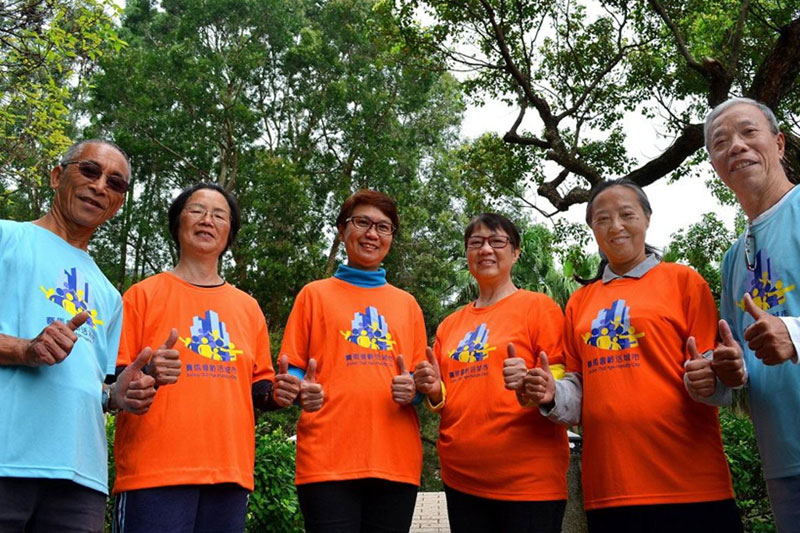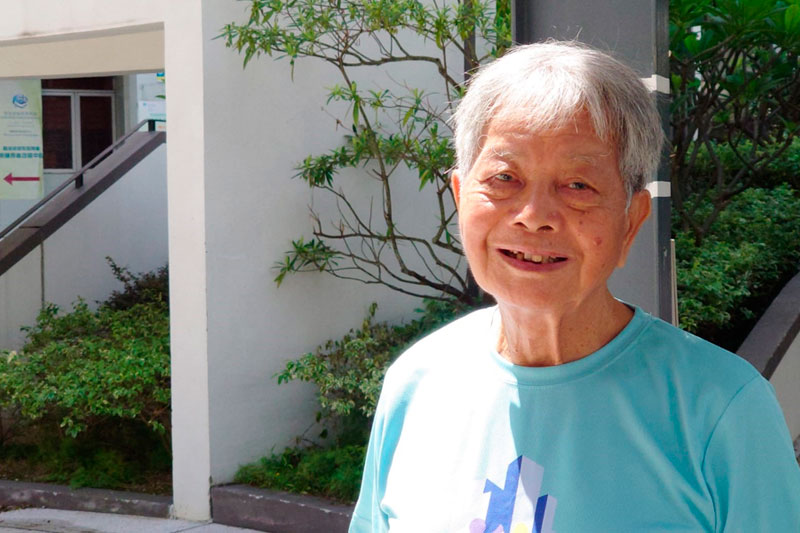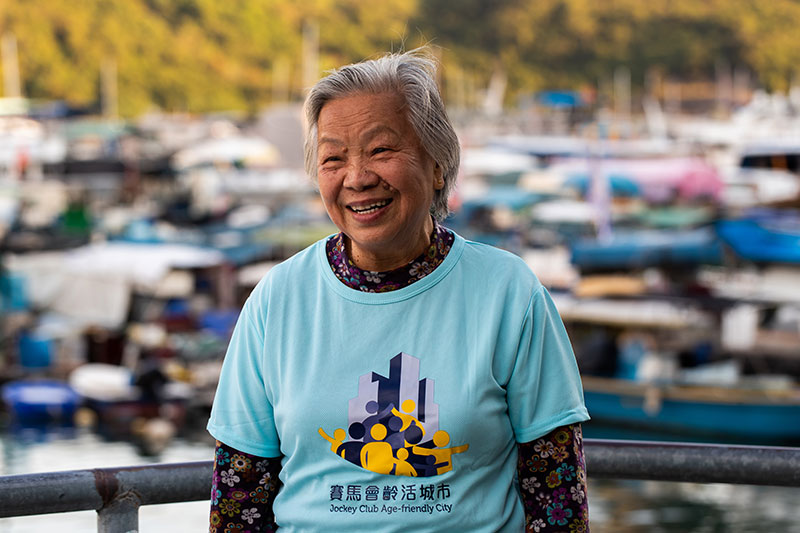Here’s a question: how will you pass your time when you are in your eighties? In Kwun Tong, Uncle Pui-yuk, a sprightly 86-year-old, is busy enjoying a second career.
Uncle Pui-yuk is an ambassador of the Jockey Club Age-friendly City Project. Having worked as an electrician when he’s younger, today he teams up with friendly shops that he found in Kwun Tong to help the elderly who need home repairs.
In Lei Tung Estate, Ap Lei Chau, 80-year-old Auntie Mui is a regular in the Jockey Club Age-friendly City Project – Walk the City for Active Ageing. She stays fit and curious about local happenings from checking out every nook and cranny in her local neighbourhood through visiting the age-friendly walking routes with regional characteristics. "We’ve had a lot of fun being out and about, checking out new spots and making new friends,” Auntie Mui said.
With advances in living conditions and medicine, people are living longer and longer, giving old age a new significance in life.
According to government data, the average life expectancy of men and women in Hong Kong were 82.9 and 88 respectively in 2020, with the figures set to rise further in coming years. Accordingly, The Hong Kong Jockey Club Charities Trust started the Jockey Club Age-friendly City Project in 2015 and has funded it since, adopting a bottom-up, district-based approach to make the city more liveable for the elderly and people of different ages.
Working with the gerontology research institutes at four local universities, the project regularly publishes the Hong Kong Elder Quality of Life Index. It also runs assessments in each of the city’s 18 districts to measure and rank their age-friendliness. In addition, it works with different local groups to promote active ageing through organising district-based programmes. To date, the project has trained more than 2,500 ambassadors like Uncle Pui-yuk and funded more than 140 district-based programmes to grow age-friendly communities across Hong Kong. All 18 districts in Hong Kong are now part of the World Health Organisation’s Global Network for Age-friendly Cities and Communities.
Did you know?
In 2002, the World Health Organisation proposed a policy framework on active ageing to respond to the challenges of a rapidly growing global population aged 60 or above. In 2007, the organisation released a guide to promote age-friendly cities, following focus group studies with the elderly in 33 cities around the world. The guide identified eight key domains of urban living: Outdoor spaces and buildings, Transport, Housing, Social participation, Respect and social inclusion, Civic participation and employment, Communication and information, and Community support and health services.
Age-friendly City




